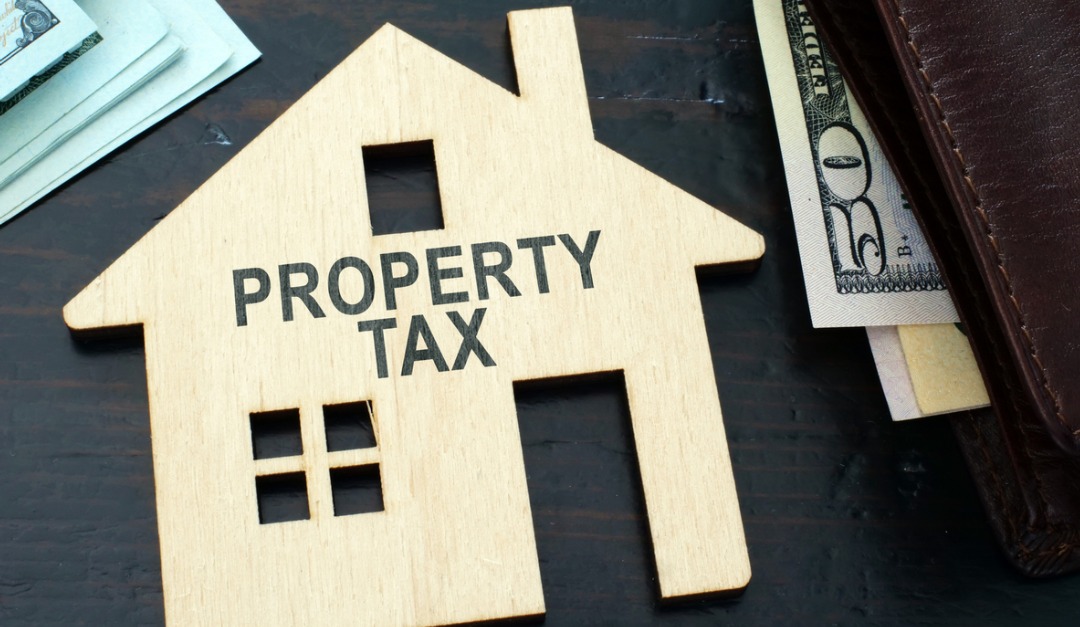
What to Do If You Can't Pay Your Property Taxes
If your loan servicer doesn’t collect money for your property taxes each month along with your mortgage payments, you’ll need to set aside money yourself. If you don’t, you may be in trouble when the bill comes due.
What Can Happen if You Don’t Pay Your Property Taxes
If you don’t pay your property taxes on time, the amount you owe will become a lien on your house. The authority that issued the tax bill can then hold a tax deed sale, in which it sells the house outright and the purchaser gets the deed to your home. It can also decide to hold a tax lien certificate sale, which allows the purchaser of the tax lien to collect overdue taxes, plus penalties and interest. If you fail to pay, the purchaser can foreclose on your house or convert the tax lien certificate to a deed.
A tax lien takes precedence over a mortgage. If a house is sold through a tax sale, a mortgage lender can lose out on the money it’s owed. Your loan servicer may pay the property taxes on behalf of the lender to prevent a tax sale and send you a bill for the taxes. If you don’t reimburse the loan servicer, that will be considered default, and the lender will be able to foreclose on your home.
Options if You Can’t Pay Your Bill
You might be able to lower your bill by appealing the assessed value of your home. Look for information on the appeals process on the property tax bill or on the tax assessor’s website. In most cases, you’ll need to appeal the assessed value within a relatively short time after you receive the tax bill and demonstrate why the assessed value of your home is inaccurate. In some states, you’ll have to pay the bill in full, then file an appeal and wait for a refund if the case is decided in your favor.
All states have property tax abatement programs that allow some people to reduce their bills due to factors such as age, disability, income or personal status. You’ll have to file an application and meet eligibility requirements. Note that, in some states, homeowners aren’t eligible for abatement if they’re already behind on their property taxes.
If you don’t qualify for property tax abatement, you may be eligible for a deferral that’ll allow you to pay your bill later, or a repayment plan so you can pay your taxes in smaller installments over a longer period of time. Some states also allow the tax assessor’s office to compromise on tax amounts or to waive interest and penalties on past-due bills.
Look for a Solution
If you can’t afford to pay your property taxes, the worst thing you can do is to simply ignore the bill. You might be able to reduce your tax burden or postpone payments. Contact the tax assessor’s office to discuss your circumstances and to explore your options.
This article is intended for informational purposes only and should not be construed as professional advice.